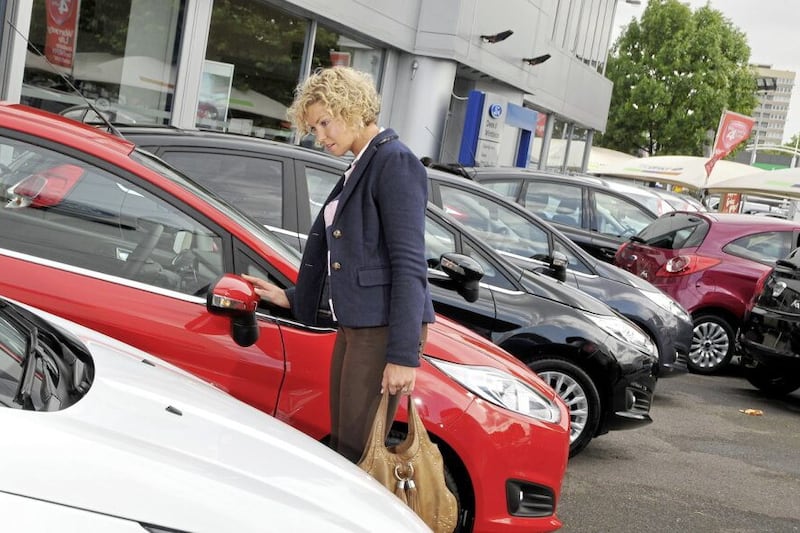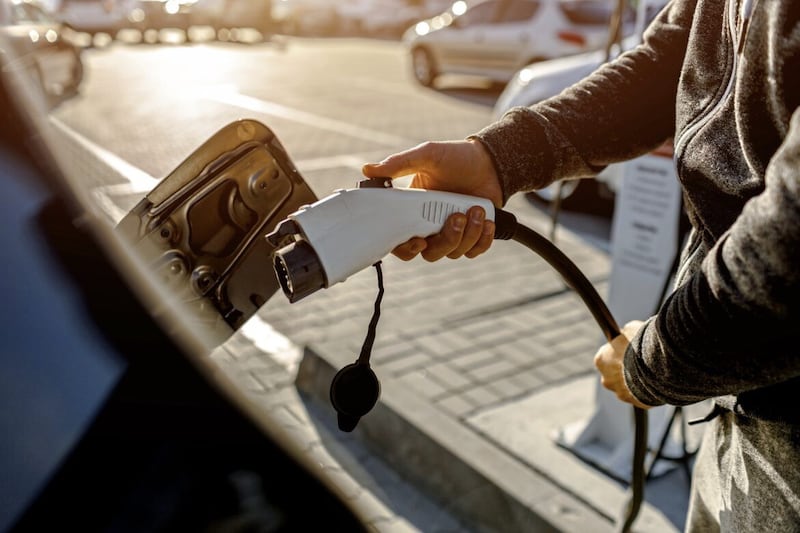THE rate of growth in electric vehicle ownership in the UK has fallen for the fourth consecutive quarter as the cost of living and higher electricity costs has taken its toll.
But in Northern Ireland, there was a 72 per cent increase in the number of private battery electric vehicle (BEV) registrations in the third quarter of this year compared with the same period in 2021.
Latest Department of Transport (DoT) and DVLA (Driver and Vehicle Licensing Agency) electric vehicle registration figures reveal that BEV registrations across the UK increased just 9.8 per cent between quarters two and three of this year.
This compares to an 11.6 per cent increase in registrations between quarters one and two, and a 15.5 per cent increase between Q4 2021 and Q1 2022.
Looking at the comparable period in 2021, electric vehicle registrations increased by 18.8 per cent between Q2 2021 and Q3 2021, almost twice the rate of growth (9.8 per cent) seen between Q2 2022 and Q3 2022.
EV ownership in Northern Ireland increased between Q3 2021 and Q3 2022 from 1,883 to 3,240 vehicles.
Only the north west of England and East Midlands had a higher percentage growth.
In November the Department for Infrastructure published an action plan for electric vehicle (EV) infrastructure.
It was developed by a task-force set up last year to bring together representatives from government, consumers, energy providers, industry and EV drivers to consider the north's EV infrastructure requirements to deliver a fit for purpose, modern charging network.
Increased provision of charging infrastructure and operators, the cost of charging and how to pay for charging were highlighted as fundamental issues which need to be addressed now for people wanting to make the transition from petrol and diesel to electric vehicles.
John Wilmot, chief executive of car leasing comparison website LeaseLoco, said “These latest figures show the impact the cost of living crisis is having on electric vehicle registrations.
“Although demand is there, and sales of electric cars are growing, the rate of growth has slowed noticeably as the higher cost of electricity means more car owners are likely making the decision to delay switching to electric.”
He added: “The Government has set itself ambitious 'Road to Zero' targets and can’t afford a prolonged downward trend in the rate of EV uptake.
“The spanner in the works could be the end of the energy price guarantee next April. This is hardly an incentive for car owners to switch to electric in the coming months, knowing that home charging costs could spiral.”



